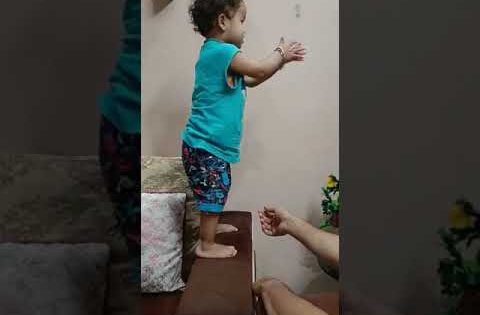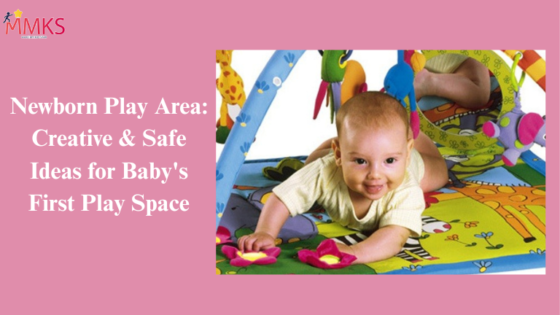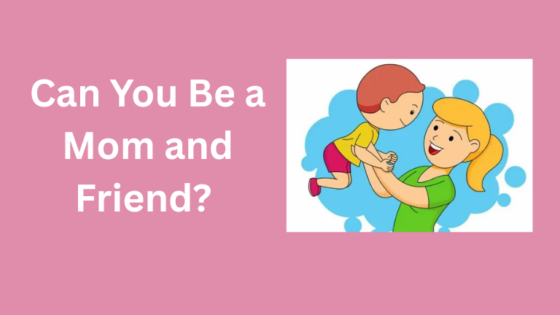How would you define positive parenting?
Positive parenting encompasses all of these traits in a completely holistic approach, and this list of the 8 best positive parenting solutions of all time will give you plenty of good ideas and advice on how to make it happen with your own family.

1) Model The Behavior You Want To See | Positive Parenting Tips
What can you do to change the way your children act?
One thing that is important is to model the behavior that you want to see. When I was a child, my parents were always telling me what not to do, but they never told me what I should be doing. My parents would tell me you’re not leaving this room until you clean it up, or you’re grounded when I misbehaved.
They did have some positive things to say, like good job for putting your dishes in the dishwasher without being asked or for coming home on time from school. But for every compliment there seemed to be about five reprimands and those became more ingrained in me than anything else.
2) Stay Calm, Not Angry | Positive Parenting Tips
It is important to Control your temper in parenting. Anger clouds rationality, hindering perspective. When upset with your child, consider these strategies:
- Take a moment to breathe deeply or count to 10 before reacting.
- It will give you time to calm down.
- Talk calmly about what made you upset so that they know what they did wrong and don’t do it again.
- Don’t lash out at them while they are still upset; this just teaches them not to trust their parents.
- Ask them if there was anything they could have done differently instead of being mad at them for making a mistake.
3) Know When To Back Off | Positive Parenting Tips
It’s important to know when to step back. Sometimes, kids will push boundaries and not listen. Letting them problem-solve fosters lifelong skills. Always rescuing hinders responsibility and learning.
In addition, if you overstep your boundaries too often by providing solutions for everything, your child may grow up with too many problems and feel helpless as an adult.
4) Use Chores As A Means Of Reinforcement | Positive Parenting Tips
Use chores for reinforcement when young. Cleaning up can earn screen time or treats. As kids mature, shift to intrinsic motivation. Chores teach self-satisfaction in tasks like dishwashing or laundry.
Encourage Your Child’s Interests : One way to ensure that you’re spending quality time with your child is by encouraging their interests. Get involved in their world by asking questions about what they like to do and what they like about it.
Encourage Homework : While it may seem counterintuitive at first glance, encourage kids to do homework – instead of trying to find ways around it!
5) Use Rewards For Good Behavior
Rewards are a quick and easy way to encourage good behavior. Whether you give them at the time, or save them for later, rewards can be an excellent way to keep things positive and remind your child that they’re doing well. You could also think about using privileges as a reward- like allowing them to watch their favorite show when they do something really good.
What Is Your Favorite Reward?
6) Give Children Choices
Give children some choice in what they wear, what they eat, and how they spend their time. This teaches them that they have control over their lives and you don’t want to be a helicopter parent.
7) Never lose hope in your youngsters!
All of your child’s issues may be resolved with patience, humor, and goodwill. Even the most difficult teenagers can develop into extraordinary persons with the right parental guidance.
Adopting these suggestions for your family may require some getting used to, but if you persevere, you will be thrilled with the outcomes. We will have far better results and the entire family will be happier and healthier when we incorporate compassion and kindness into parenting methods.
8. Help your child through their flaws and faults
Punishment is less effective than praise and prizes for children. Find strategies to help your child reach their full potential rather than focusing on their shortcomings. Children will develop talents to make up for any deficits when they are encouraged.
Conclusion
You will learn polite discipline techniques through positive parenting, which are more effective than coercive approaches. You can get your child to listen using these guidelines without having to yell at them, remind them repeatedly, or encourage rebellious behavior. More importantly, this is all about forging closer bonds with your kids and nurturing them from early childhood to adolescence as they grow into successful, autonomous, kind, happy, and independent young adults.





































